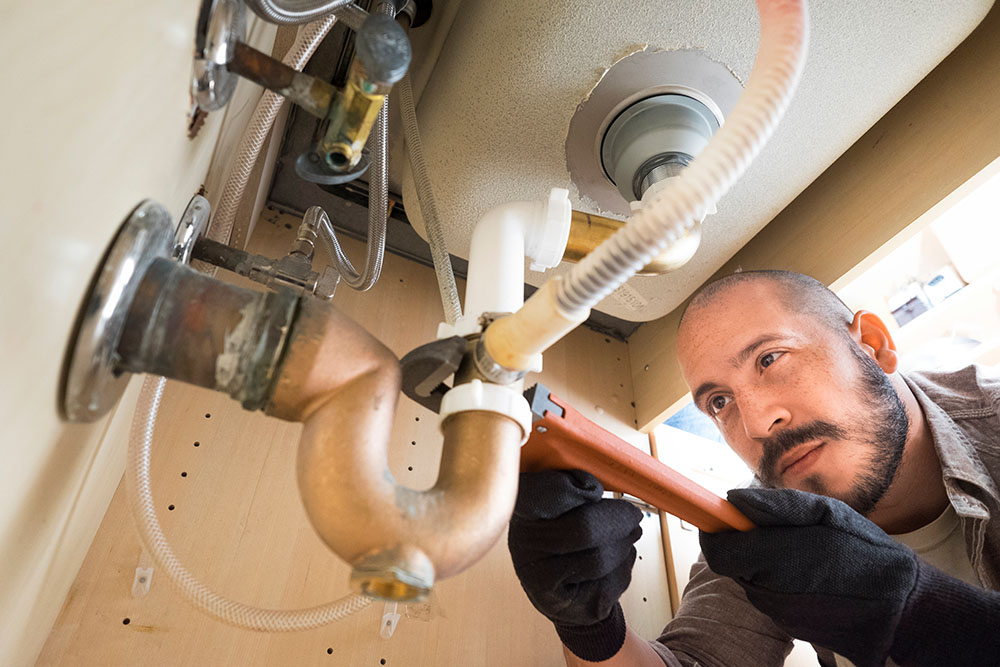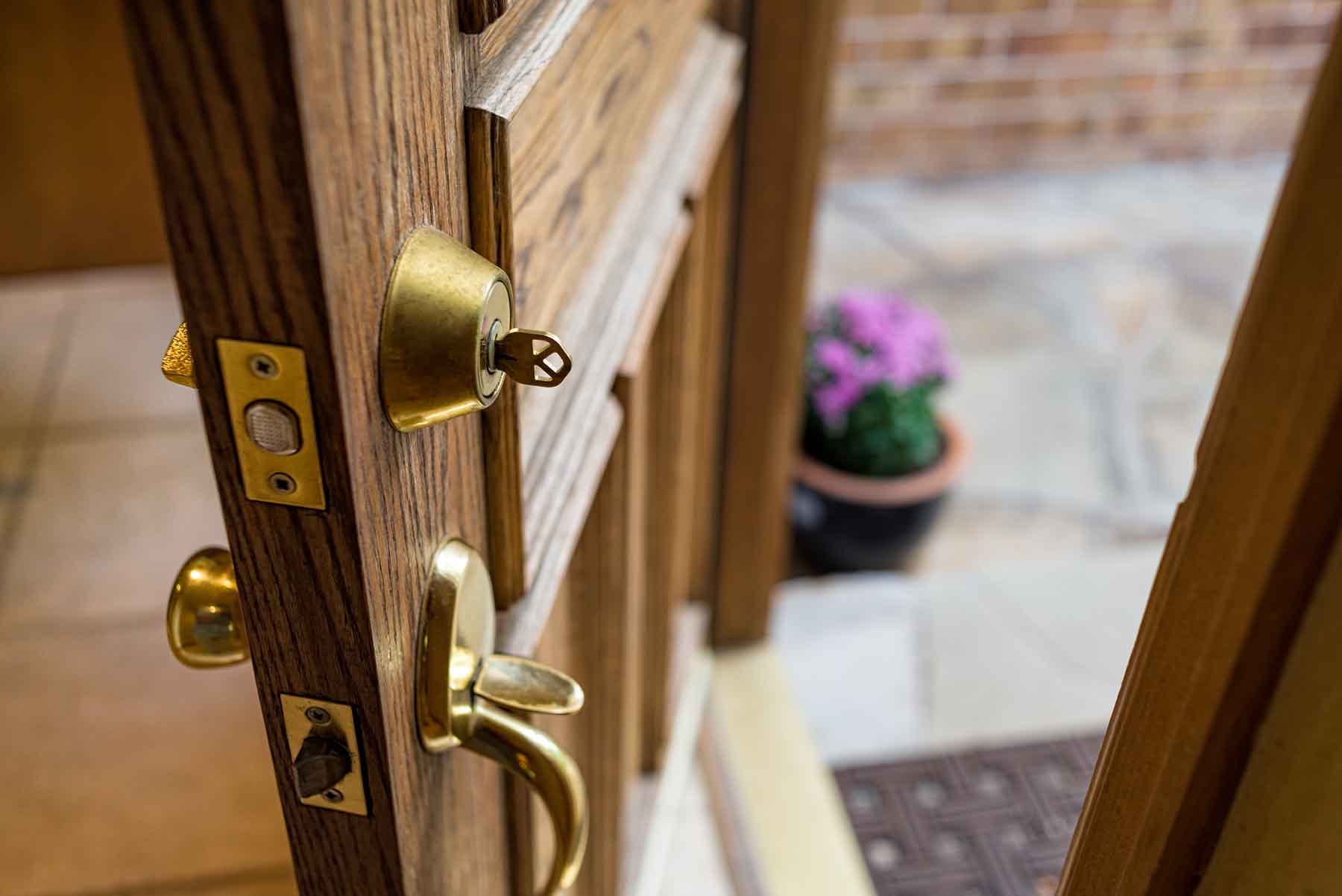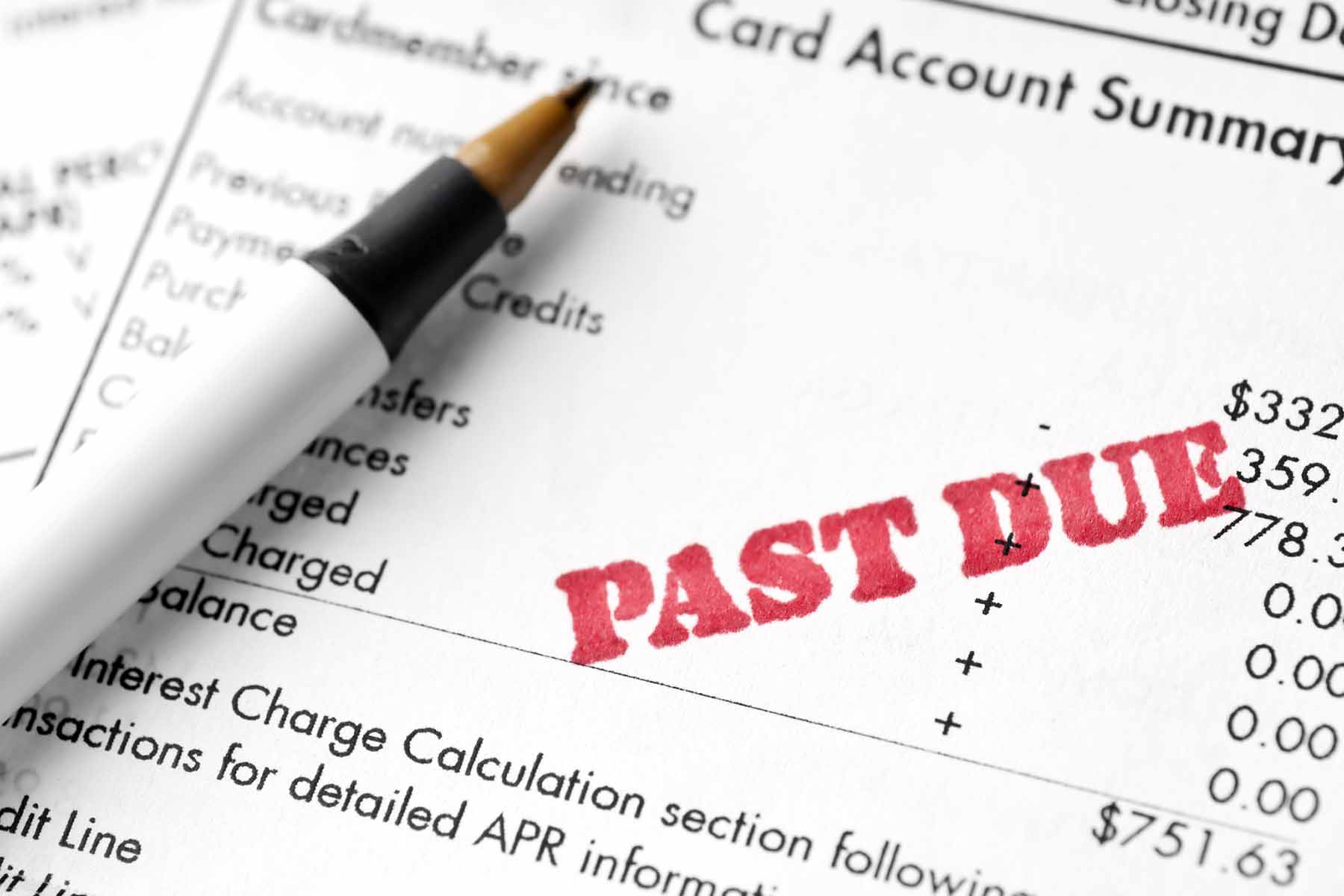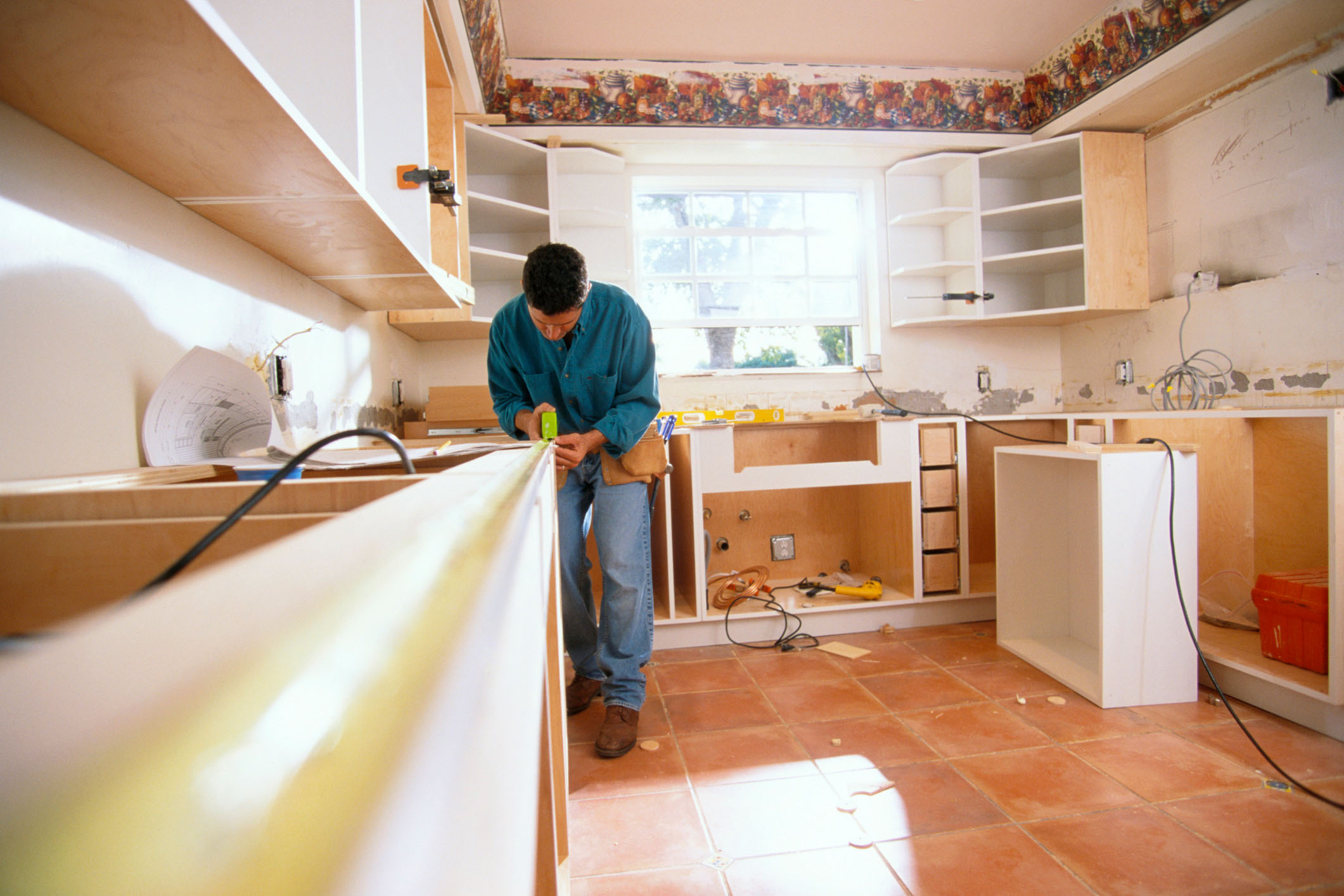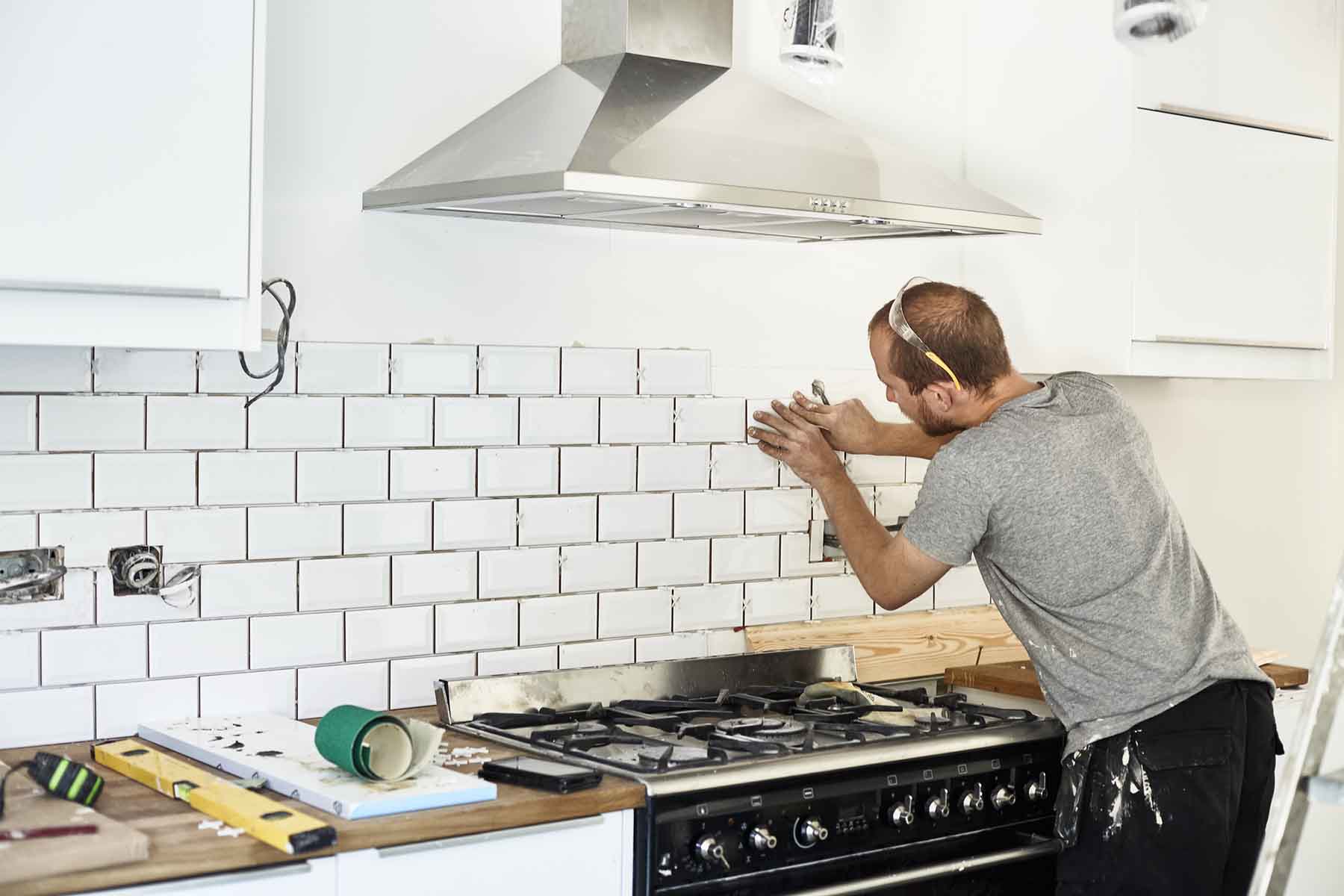Whether you’re just getting started or fine-tuning your plan, American Heritage Credit Union is here to help you stay one step ahead when preparing for emergencies and natural disasters. Learn what resources are available to help you prepare for the unexpected.
Living in a small space doesn’t mean you have to sacrifice style, comfort, or functionality. Explore some creative and practical hacks to help you maximize the space you have.
Many homebuying programs are tailored for first-time homebuyers. These programs are typically comprehensive and will cover the entire homebuying process, from your start of looking at homes to receiving your keys. Learn how you can take advantage of these programs as a first-time homebuyer!
Whether you're planning to buy your first home or looking to relocate, now is a great time to start preparing for homebuying season. Follow these strategies to reduce stress and increase your chances of a successful home purchase this season.
Buying your first home may seem like an overwhelming process at first. But if you follow the right tips and strategies, you'll be prepared to make the leap from renting to owning your first home with ease.
There are several steps before you purchase a home or buy your next vehicle. One of the first steps in these processes is to be preapproved for a loan. While a preapproval may seem unnecessary at first, the truth is that it’s a critical step in the loan process which can help make your end goal of buying a home or finding your next car easier.
Let’s be honest, home improvement projects can feel overwhelming. Between work, family, and that ever-growing to-do list, it’s easy to put them off for another day. But consider this: Tackling a few key projects now can save you a lot of trouble (and money) down the road. Here’s a quick rundown of some home maintenance tasks that shouldn’t be ignored.
Buying a home is a big step, both emotionally and financially. Naturally, you want the most accurate information to guide you through this process. However, a surprising amount of misinformation is out there, sometimes unintentionally passed along.
Let’s clear up some common misconceptions to help you navigate the complexities of buying a home.
Without the right support and preparation, buying a home can feel a lot like putting together a puzzle with only half of the pieces: time-consuming and frustrating. From house-hunting to closing, the homebuying process takes 4 to 6 months on average and involves multiple moving parts, so it’s no surprise that many homebuyers find it overwhelming.
If you want to simplify and streamline your experience, you can take steps to better prepare and set yourself up for a smooth road to homeownership.
If you’ve checked out rental listings lately, you know that rents are going up, up, up. Demand for apartments has surged, making many markets super competitive. Finding a place to call home at a reasonable price can be challenging. The burning question is: how much of your income should go toward a rent budget?
You just purchased your new home—now what? Before you make the big move, there are important safety, maintenance, and convenience steps to take leading up to and right after making yourself at home.
Life is unpredictable. An emergency, unexpected illness, or a bout of forgetfulness can all end in a missed loan payment. While missing a single payment may come with unwanted consequences like fees or penalties, it will not result in financial ruin. Stay calm and keep reading to learn what happens if you miss a loan payment.
Buying a home is an exciting step that requires making many decisions, like picking the right mortgage to fit your financial goals and current situation. One option to think about is an adjustable-rate mortgage (ARM). ARMs have their advantages and disadvantages, so think carefully before deciding on a home loan.
This could be the right time for you to refinance your home loan. You’ve had the same mortgage for several years now, and you’ve built up home equity. What will happen when you refinance? How do you get this process started, and what does it include? Here’s what you need to know about the process of refinancing your home loan.
You may have seen in the news that there is a “new” tax for mortgage borrowers with higher credit scores.
Before we get into things, know this: You will not get a better deal on a mortgage rate if your credit score is lower. Don’t ruin your credit score for a myth. Continue reading to understand the facts and the whys surrounding these fee adjustments.
Private mortgage insurance (PMI) is an often-overlooked cost that homeowners may need to pay when buying a home with a conventional mortgage or refinancing that loan. Understanding PMI can help you to avoid paying it or saving money in the long term. Here’s what you need to know.
Home is where the heart is … and it can also be a valuable source of low-cost funds you can use for just about anything. If you’re a homeowner who’s built up equity in your home, you may have the opportunity to access affordable financing through a home equity loan or line of credit (HELOC). Here are some things to consider before tapping into your equity.
Soaring home prices over the past few years have caused an interesting side effect – homeowners are finding themselves with a lot more home equity.
Home equity is the difference between your home’s value and how much you still owe on your mortgage. For example, if your home is worth $300,000, and you owe $50,000 on your mortgage, you have $250,000 in equity.
You already have lots of reasons to love your home. Here’s one more: Your home is also one of your most powerful financial tools — because of your home equity.
Your equity is the portion of your home that you own (as opposed to your mortgage lender). If you’ve been making mortgage payments for some time, you’ve probably built significant equity. And thanks to home equity financing options, you can take advantage of your investment without selling your place.
A hot real estate market can pose a real challenge for hopeful buyers – especially for those looking to buy their first home. But that doesn’t mean you can’t find a place you love and get your offer accepted. It just takes a combination of patience and fortitude, plus a little homebuying know-how.








